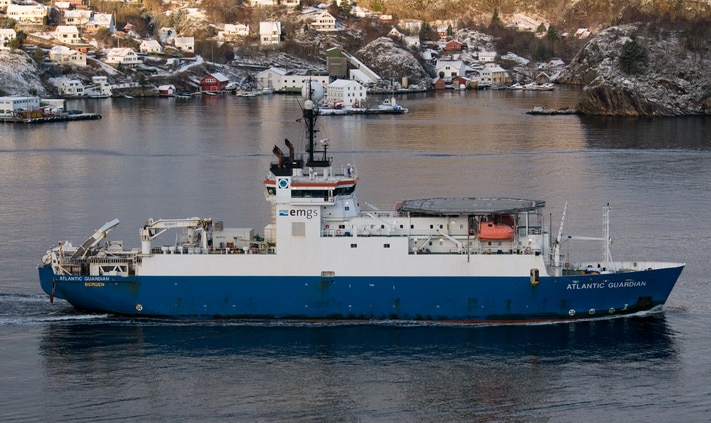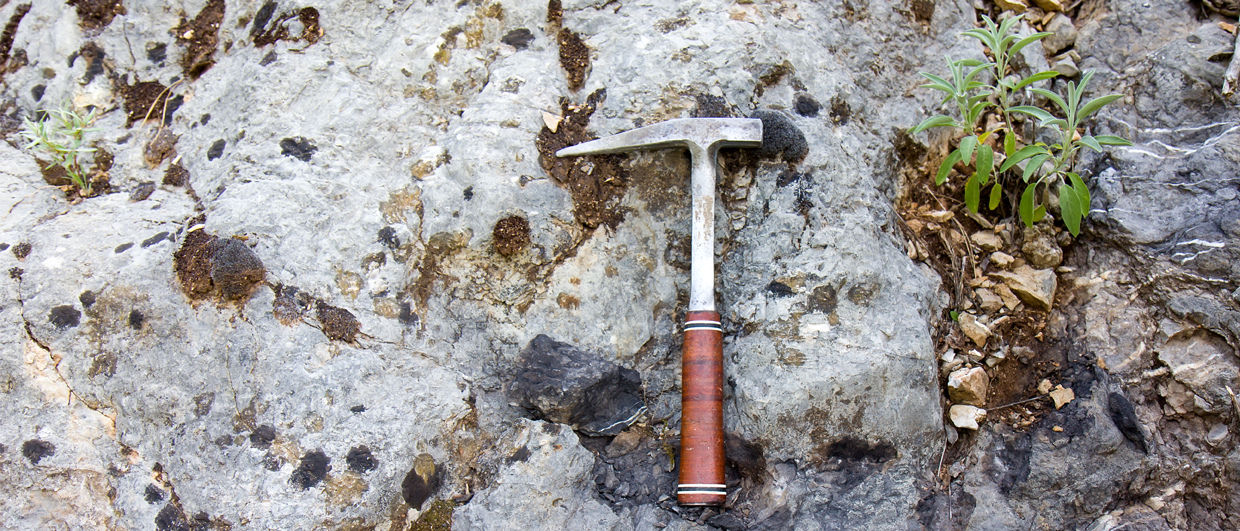Is it possible to drill with environmentally friendly fluids?
Over the last 30 years, Oil Based Mud (OBM) and Synthetic Based Mud (SBM) have become the fluids of choice for the majority of complicated oil and gas projects, particularly where troublesome shale formations are expected or are known to create unstable borehole conditions. Whilst the effectiveness of OBM and SBM in these environments is not in question, they are expensive and are potentially an environmentally damaging solution. Furthermore, the costs associated with OBM drilling cuttings remediation and disposal are significant.
HPWBM Systems
As a result, in the early 2000s a new trend developed as several drilling fluid companies started to develop and actively promote new High Performance Water Based Mud (HPWBM) systems. The intention was to substitute OBMs for more environmentally friendly water-based drilling fluids. These would provide similar properties to those of OBMs such as shale inhibition (reducing the hydration, swelling and disintegration of clays and shales) and degree of lubrication. The approach to HPWBM varies with each mud company, but all use an aqueous base and a large number of different products to formulate their best possible mud properties, combined with high levels of inhibition to suit the formations to be encountered whilst drilling.
The primary drawback with most HPWBMs is that they do require the use of a significant number of different products, many of which have a negative influence on the rheological properties of the drilling fluid, such as elasticity and viscosity. Specifically, many of the required filtration control polymers and encapsulators (PHPA) are known to increase the plastic viscosity of the fluid and as a consequence, these additives do very little to build the low-end rheology, or low shear rate viscosity. The net result is a tendency for the development of higher equivalent circulating densities with less hole cleaning capability. Furthermore, the use of many HPWBM mud additives are controversial in reservoir sections where filtration control and PHPA polymers have been shown to significantly impair reservoir productivity. This complexity makes them notoriously difficult and challenging to operate and maintain effectively in the field.
Ecologically Friendly Drilling Fluid
This revolutionary drilling fluid was successfully tested in a case study in Alberta, where the mud properties were proved to be easy to maintain.
In response to these drawbacks, Clear Solutions, an industry leader in drilling fluid technologies, has developed Pure-Bore®, which is manufactured from natural material, using advanced nanochemistry and surface-active encapsulation technology. In contrast to standard HPWBMs, which typically use long chain screen blinding polymers with high molecular weights, Pure-Bore creates a highly sheered drilling fluid able to create superior encapsulation without the screen blinding tendency of a PHPA polymer because the nanochemistry interreacts to create a membrane on the side of the borehole. This effectively seals it and stops fluid entering the membrane, whatever the porosity. As a consequence, the operator benefits from the option to use finer screens, resulting in better cut points, dryer cuttings discharge, less overall fluid consumption and lower dilution rates. This system has been field proven to protect the reservoir whilst drilling and help optimise reservoir productivity; for example, cuttings are taken out of the well very quickly, meaning that wells can be drilled up to 30% faster, reducing risk and minimising downtime.
In addition, almost every HPWBM in the market contains components which in most cases do not readily biodegrade, unlike Pure-Bore, which is environmentally benign and easy to dispose of. The system has undergone many environmental tests in independent laboratories, which have certified it as being non-hazardous to soil and ground water and classed as both harmless and not dangerous to health. Following a successful test for environmental safety in Germany, the following comment was made:
“The chemical and physical analysis of Pure-Bore shows that this product, based on current scientific knowledge, has no negative environmental effects on the soil and water it comes in contact with during its use as drilling suspension.”
It is now possible to drill faster and cleaner.




